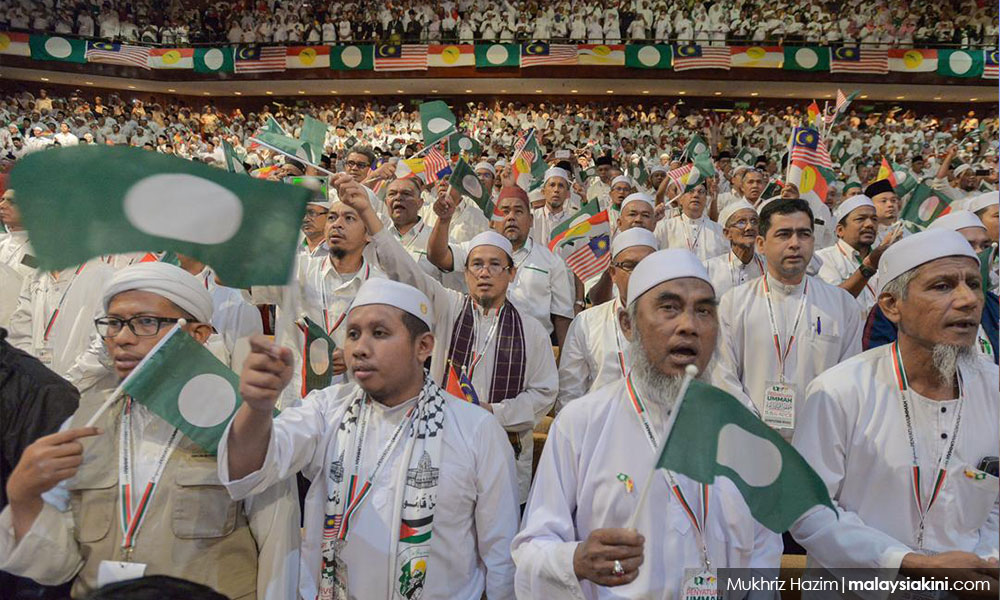
The Umno-PAS cooperation is very likely to see the two parties win enough seats to claim to be the government in the next general election, said political analyst Wong Chin Huat.
Based on data from the 14th general election (GE14), Wong said Umno-PAS would be able to win up to 97 seats in Peninsular Malaysia in the next general election.
However, he warned this did not take into consideration the potential voting pattern of new voters to be registered in time for GE15, which he said was hard to predict
"Assuming that you look at GE14 and Umno-PAS coming together, they would be able to take 97 seats in the peninsula.
"That makes them a clear majority, gives them the power to claim to be the government.
"Because even if Pakatan Harapan can join together everyone in East Malaysia, they (Umno-PAS) would say, you are not legitimate because the majority in Malaya is with us," he explained, adding that this may either lead to a national coalition government or a split government.
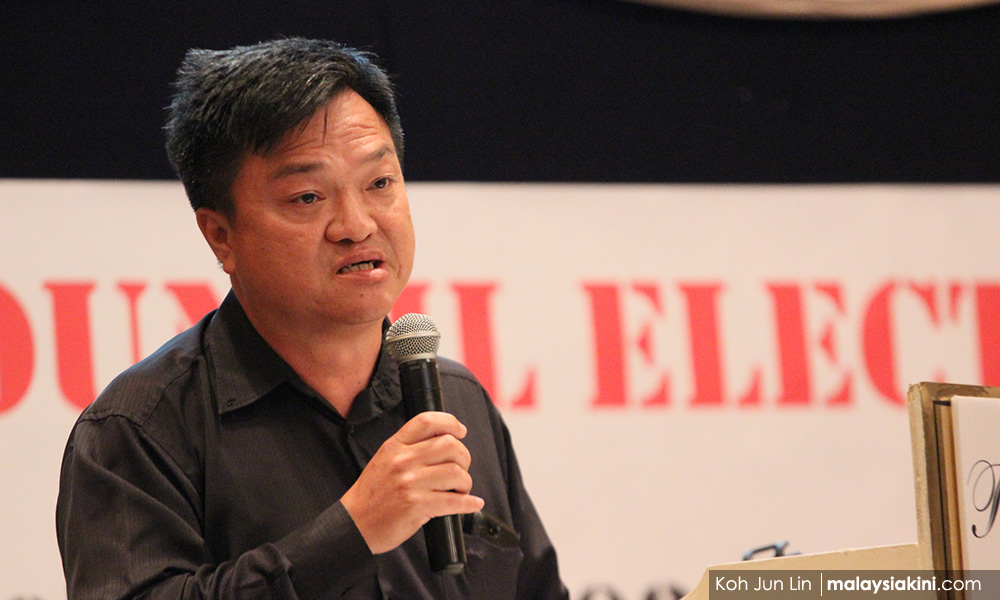
Wong (photo), who is a political scientist at Sunway University, said this in a crash course on electoral systems attended by about 40 people in Kuala Lumpur today.
Describing the cooperation as the rational thing to do under Malaysia's current first-past-the-post (FPTP) electoral system, he pointed out that the percentage of winners in GE14 who won by more than 50 percent of the majority was only 40 percent.
Out of 222 parliamentary constituencies in the whole country, 90 have MPs who were more opposed than supported, he said.
Of the 90 constituencies, 77 of them are in Peninsular Malaysia, and of those 77 seats, 38 were won by BN, nine by PAS and 30 by Harapan, he said.
This means that in those 30 seats won by Harapan, if BN and PAS supporters were to come together, they would have formed a clear majority and beat the Harapan candidate, he explained.
"So, don't buy the analysis that says Umno-PAS pact won't work. Of course, it will work.
"It's another question whether they can form the government, but to win legislative seats (they can).
"That's the only rational thing to do. That's what the system has taught them.
"FPTP is a very strict teacher and Umno and PAS are good students, as simple as that," Wong said.
Malaysia currently practises Westminster's first-past-the-post system, sometimes described as “winner takes all”, where voters indicate on their ballot paper their candidate choice and the candidate who receives the most votes wins.
In this system, candidates do not need to win more than 50 percent of the votes or more votes than all other candidates combined. They only need to have more votes than any other individual candidate.
'Marketing disaster'
Last Saturday saw the historic signing of a joint charter between Umno and PAS, which had been informally working together in several of the past by-elections since GE14.
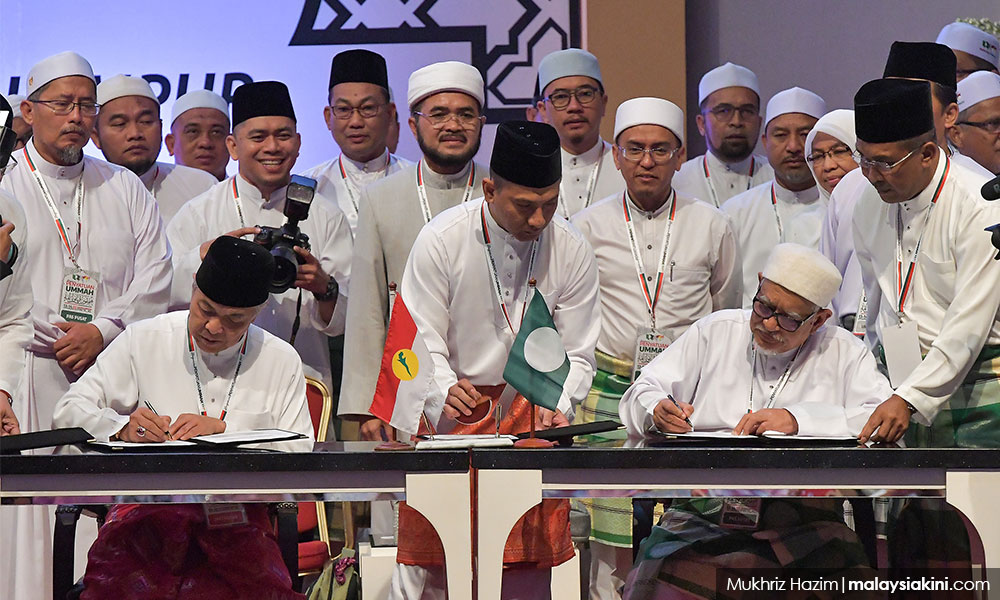
Though Wong's current forecast is favourable towards Umno-PAS, he said there is a wild card in the mix - new voters in the 15th general election (GE15).
"Very likely by the time we get into GE15, there will be 60 percent new voters, not only those between aged 18 and 21 but those who have never registered.
"These are people who have never voted and had never even cared so much in the past.
"You have no voting record to predict where they would go. It is just a gigantic 'X', so we do not know how they will swing," he warned.
In the last parliamentary session, a constitutional amendment was passed to lower the voting age from 21 to 18 as well as for automatic voter registration.
Wong also said that the situation where Umno and PAS are poised to win the 30 marginal Harapan seats is not going to be changed by creating more mixed constituencies as suggested by Foreign Minister Saifuddin Abdullah.
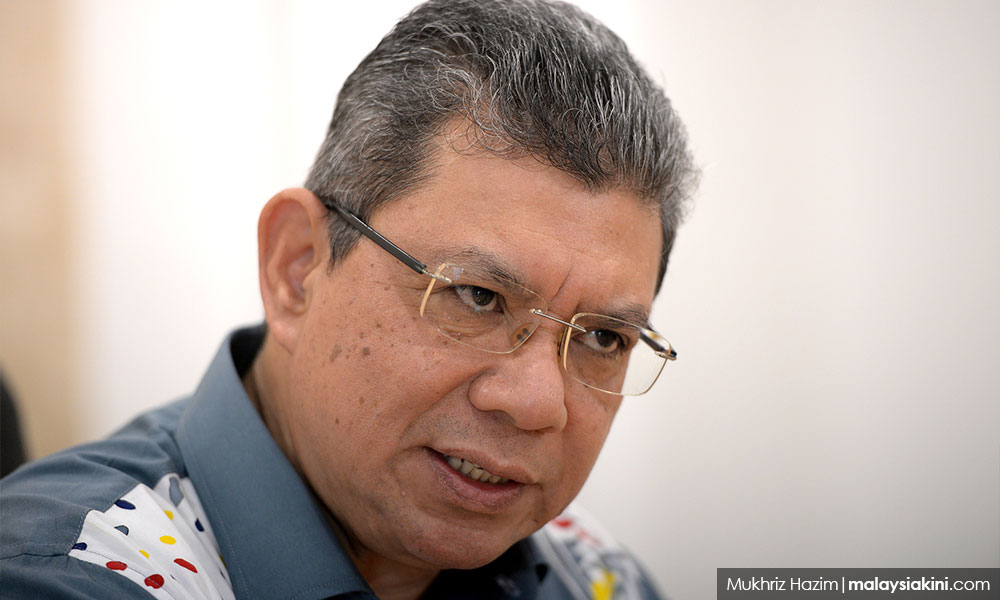
Saifuddin had suggested that creating more mixed constituencies would encourage politicians and political parties to be more moderate and refrain from campaigning along extreme racial and religious lines.
Wong argued that it is impossible to create mixed constituencies in Kelantan, Terengganu and in areas such as George Town in Penang.
"What it means is that for anyone who fights in a mono-ethnic constituency, there's no reason for you to go moderate."
He said he has advised politicians who prefer to be moderate that it is a "marketing disaster".
"Moderation is like diet coke, decaffeinated coffee or non-alcoholic beer. Healthier but it's so unauthentic. Who would want this?"
"A divided society means all the time we are very kiasu (scared to lose), we always compare and see things in contrast because we are jealous, and to say let's go to the middle, it doesn't pay off," he said.
It only pays off to be moderate when one is in the government as one is forced to be moderate to avoid getting into more trouble, he said.
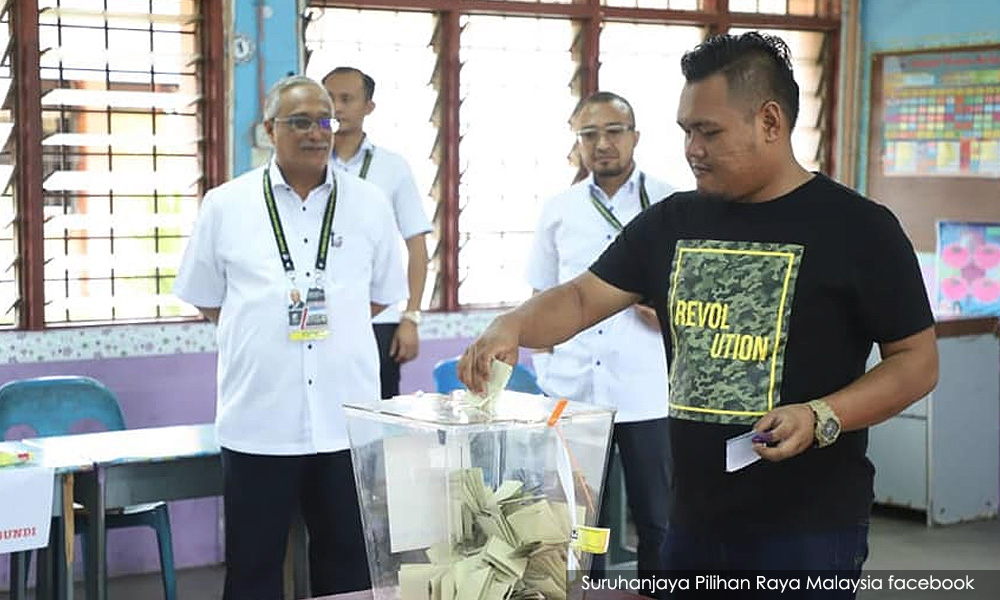
Besides, those in the government can afford to be moderate at the cost of becoming less exciting because they have the power of patronage, he said.
"But when you are the opposition, you don't have that patronage to dispense and there's no moral responsibility for you to behave very responsibly. You want to be loyal to your constituents," Wong said.
"It would be wrong to dismiss it (Umno-PAS cooperation) as irrational and that it won't work.
"(But) what will happen, we won't really know because it depends on the new voters," he said. - Mkini



No comments:
Post a Comment
Note: Only a member of this blog may post a comment.